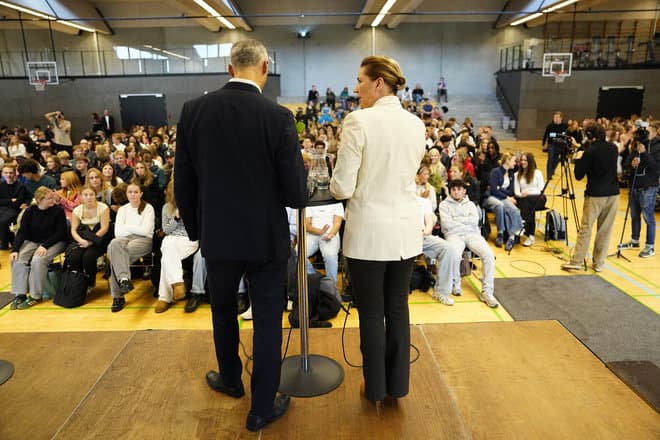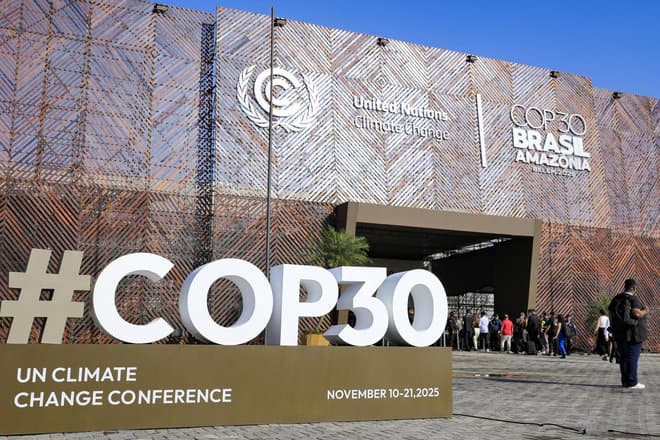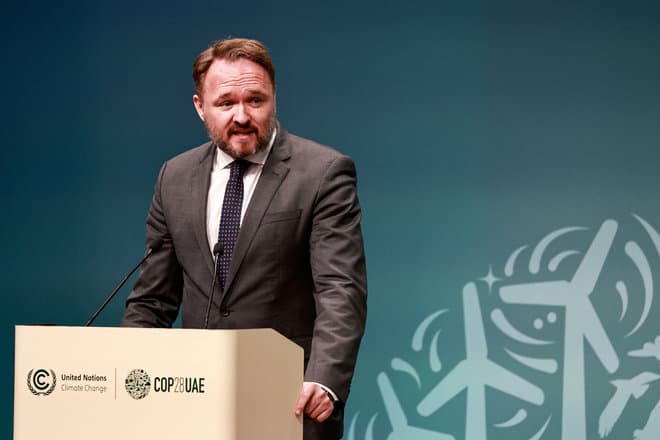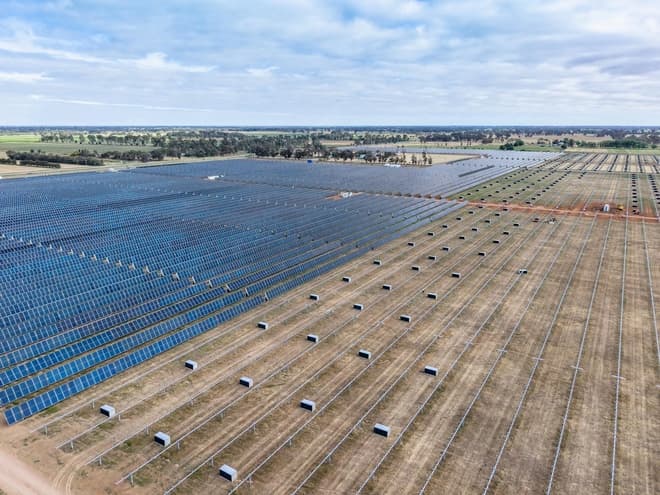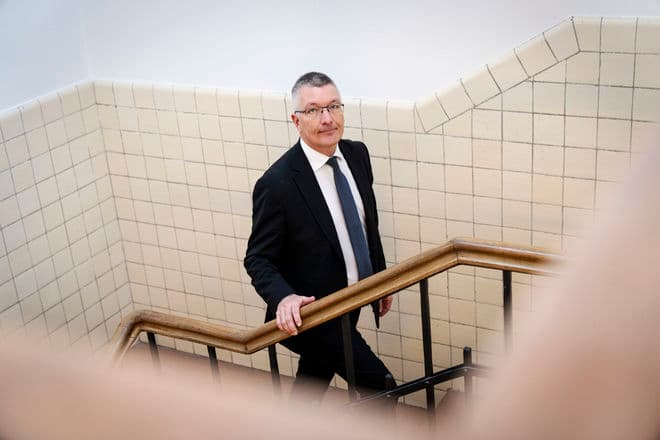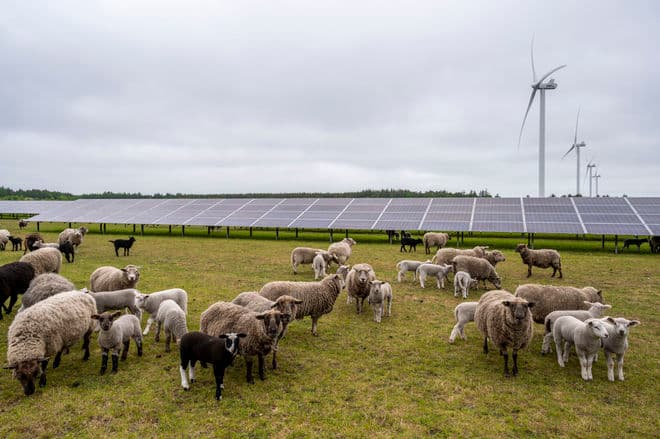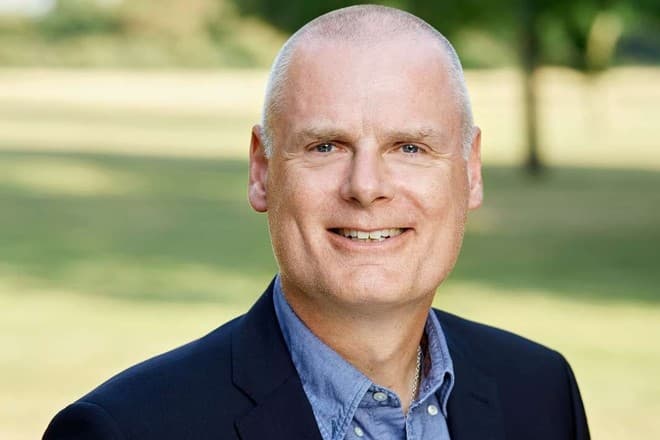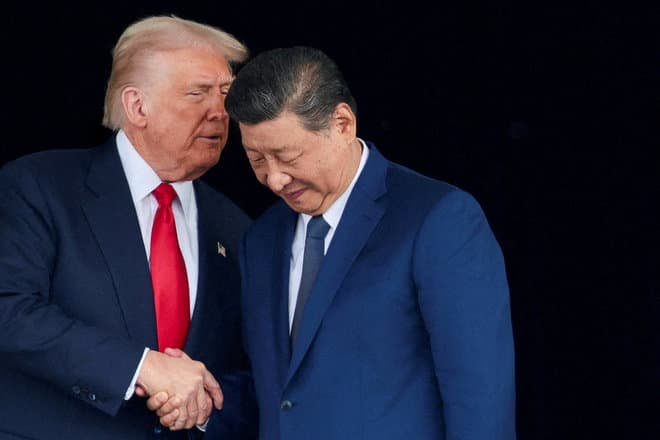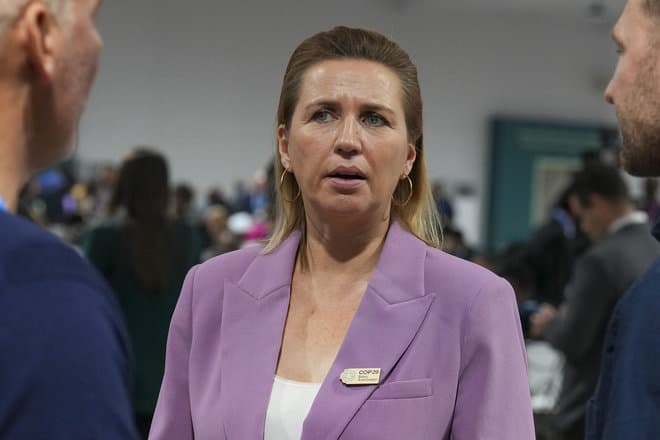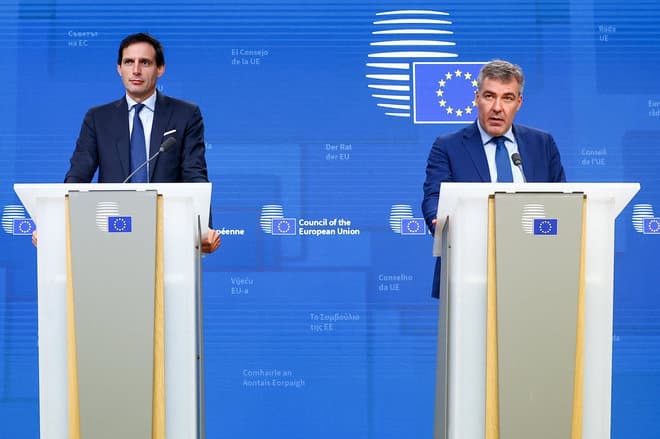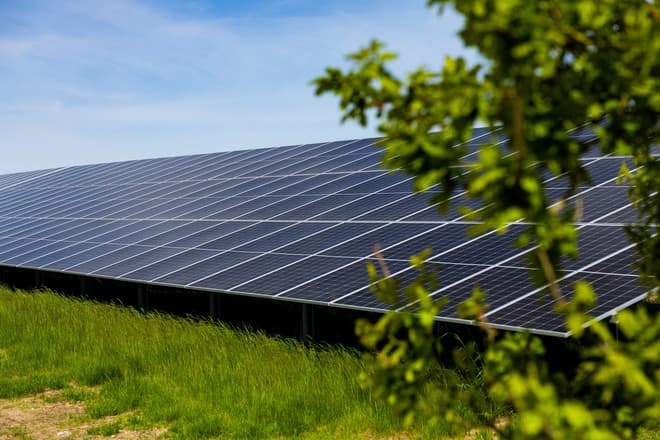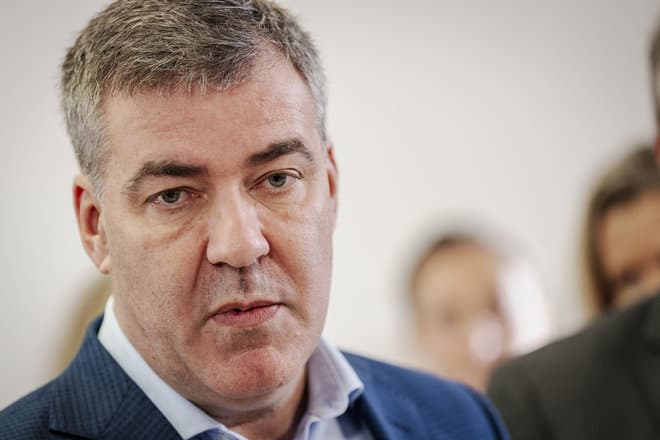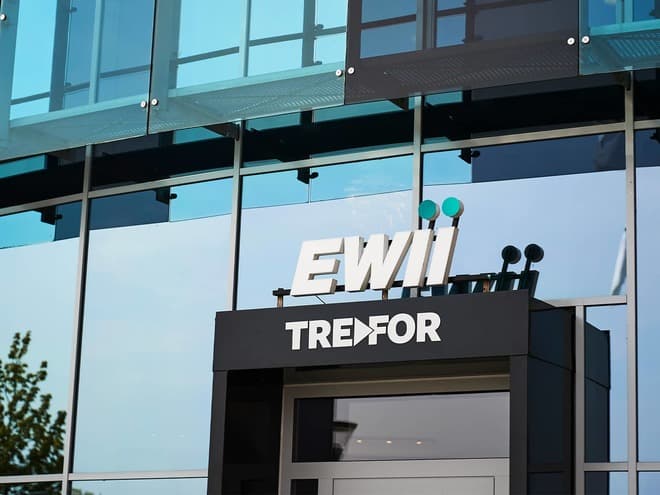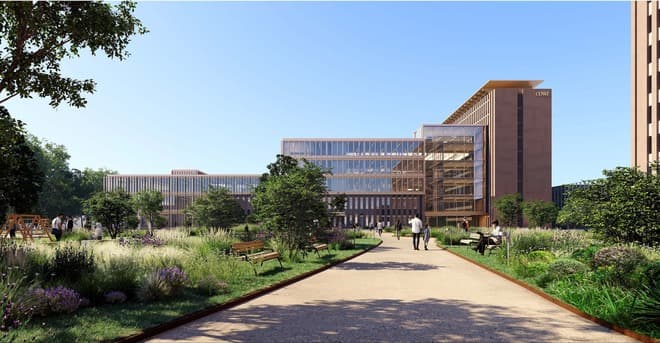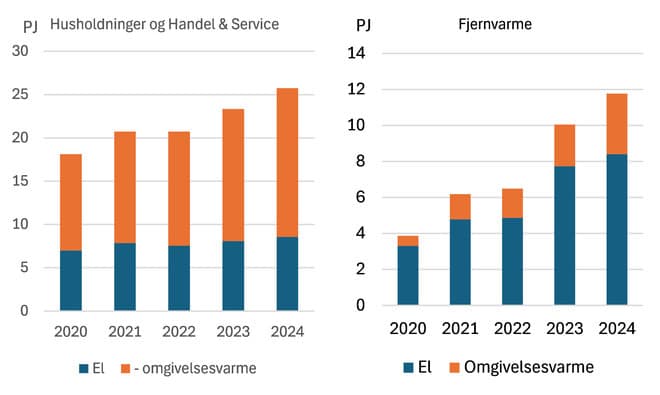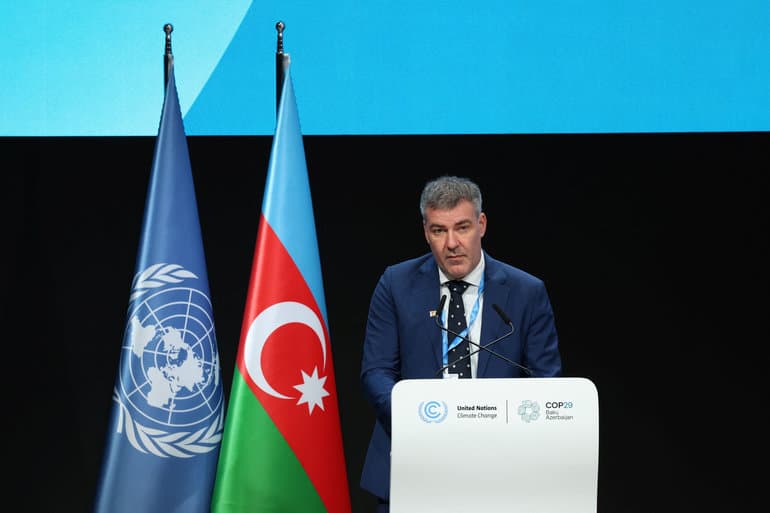
It is not actually on the official agenda at this year's climate summit, COP30, in the Brazilian rainforest town of Belém. But Lars Aagaard (M), Minister for Climate and negotiator on behalf of the EU presidency, will try to force discussions on CO2 reductions onto the table for the negotiations from 10 to 21 November.
- It is actually a bit crazy that you have to demand that the rest of the world take a position on that issue, says the minister at the outset.
The overarching theme of the COP30 climate summit is that the world's countries must submit and collect their new climate targets for 2035.
Here, the UN's calculations show that the new climate plans are far from sufficient to limit the global temperature increase to the 1.5 degrees that the Paris Agreement has adopted. Although the world's countries are therefore not on the right track, the COP30 format does not provide an official path to acting on this challenge.
On behalf of the EU, which Denmark holds the presidency of this semester, Lars Aagaard will therefore try to press the need for reductions into the meeting.
- For the EU, it is important that the countries behind the Paris Agreement decide how we should respond to this challenge, he says.
It could be a diplomatic showdown. Observers expect that countries such as India and China, as well as oil states such as Saudi Arabia, may work against the topic taking up space at the climate summit.
What should be on the agenda
A large part of the negotiations may therefore be about the impractical question of what should be on the agenda at all.
The Brazilian hosts have largely focused on the fact that the major theme should be finding more money for climate adaptation in developing countries, where the consequences of climate change are hitting hard.
But the economic redistribution from the world's richest countries to the poor has also been a major theme at several of the climate summits in recent years, points out Lars Aagaard.
- These climate summits are developing into a place where they are not so much about CO2 reductions, but instead have become a place where we have to discuss money. Some want them, and others have to pay for them, says Lars Aagaard.
Together with the organization for small island states, whose existence is threatened by rising sea levels, the EU will therefore try to get the Brazilian host to create a separate track where reductions in greenhouse gases can be debated.
It may be an incomplete format that is not unanimously supported by the climate summit. And it will therefore have less weight than if it were part of the summit's official agreement.
- But it is really important that we can get the world to take stock of what it thinks about the fact that the world is not on track to reach the 1.5-degree temperature increase, says Lars Aagaard.
Among NGOs that follow the international climate negotiations, there is awareness of the EU's attempts. There is support for CO2 reductions to be discussed at the climate summit, says John Nordbo, climate advisor at the NGO Care and a long-time observer of the negotiations.
- But if there is no money to help developing countries with the green transition, there will be fewer CO2 reductions. And then it is clear that developing countries are resisting.
/ritzau/
Text, graphics, images, sound, and other content on this website are protected under copyright law. DK Medier reserves all rights to the content, including the right to exploit the content for the purpose of text and data mining, cf. Section 11b of the Copyright Act and Article 4 of the DSM Directive.
Customers with IP agreements/major customer agreements may only share Danish Offshore Industry articles internally for the purpose of handling specific cases. Sharing in connection with specific cases refers to journaling, archiving, or similar uses.
Customers with a personal subscription/login may not share Danish Offshore Industry articles with individuals who do not themselves have a personal subscription to Danish Offshore Industry.
Any deviation from the above requires written consent from DK Medier.

